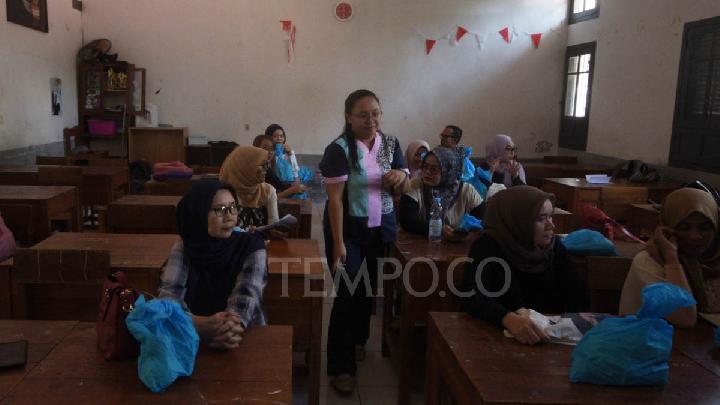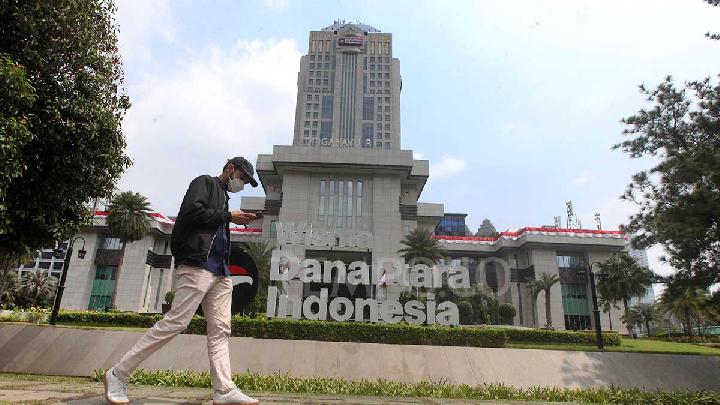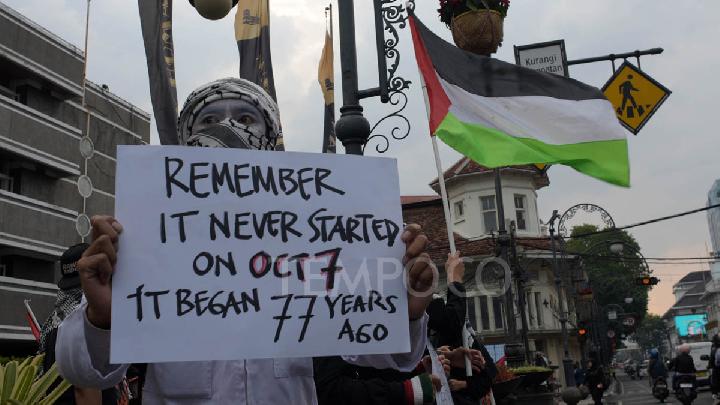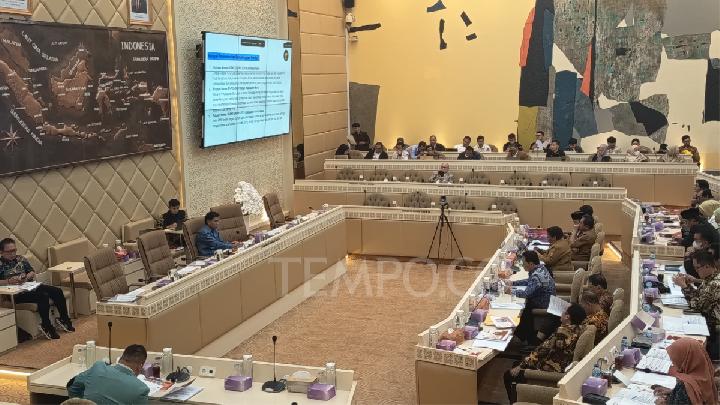TEMPO.CO, Jakarta - Bank Indonesia (BI) Governor Perry Warjiyo has outlined the central bank’s rationale for continuing the burden-sharing scheme on Government Securities (SBN) interest with the Ministry of Finance.
Recently, BI purchased Rp200 trillion worth of SBN from the secondary market, part of which is allocated to finance people-centered economic programs promoted by President Prabowo Subianto.
Perry explained that the burden-sharing arrangement is intended to ease the financing costs of these programs.
“This will reduce the financing burden of the people’s economy programs in the Asta Cita program,” he said during an online working meeting with the Regional Representative Council (DPD RI) in Jakarta on Tuesday, September 2, 2025, as quoted by Antara.
Under this scheme, BI buys SBN from the secondary market, and the Ministry of Finance channels some of the funds into initiatives such as affordable housing and the Red and White Village Cooperative.
The interest costs are split evenly between BI and the ministry, with each bearing 2.9 percent for housing programs and 2.15 percent for the cooperative scheme.
Perry noted that the formula is simple: the 10-year SBN interest rate is reduced by the government’s placement returns in the banking sector, and the remaining interest is split in half between the central bank and the ministry.
“This shows that BI, as part of the Republic of Indonesia, is committed to working hand in hand with government policies, supporting Asta Cita, maintaining stability, and driving growth for the people’s economy and for Indonesia’s progress,” Perry said.
The governor emphasized that the Rp200 trillion SBN purchase was carefully executed as part of BI’s expansive monetary policy, which not only lowers interest rates but also injects liquidity into the financial system.
Since September 2024, BI has cut its benchmark rate five times, reducing it by a total of 125 basis points to 5 percent. This has lowered the yield on 10-year SBN from 7.26 percent in January 2025 to around 6.3 percent, further lightening the government’s fiscal burden.
Finance Minister Sri Mulyani Indrawati welcomed the continuation of burden sharing, saying the mechanism provides cheaper financing for public programs such as the Red and White Village Cooperative
She stressed that this synergy helps BI maintain stability while proportionally supporting economic growth, all while preserving its institutional independence.
IMF Warning and Expert Concerns
The International Monetary Fund (IMF) previously warned about the financial risks of burden sharing to BI. In a March 2022 report, the IMF projected that under a hawkish monetary policy scenario, in which the benchmark rate rose to 6 percent by 2025, the scheme could cost BI up to Rp164 trillion between 2023 and 2025.
The structure, resembling zero-coupon bonds, forces BI to absorb government bonds without receiving interest payments, straining its balance sheet.
Bhima Yudhistira Adhinegara, Director of the Center for Economic and Law Studies, argued that BI cannot easily reduce the burden by selling SBN, as such moves risk market volatility and currency depreciation.
“Advance, retreat. If you want to release it, you must do so carefully and gradually,” he said in a July 2024 Tempo Magazine report.
According to Bhima, the post-pandemic recovery failed to meet expectations, with growth stagnating at just above 5 percent and the rupiah weakening despite high interest rates. He criticized the scheme as undermining BI’s independence.
“BI is like being under the armpit of the Finance Ministry,” he remarked at the time.
The lack of confidence in BI’s autonomy, he added, has eroded investor trust, with the rupiah losing 12 percent against the US dollar in the past three years.
Bhima described burden sharing as a shortcut rather than a sustainable solution, arguing the government could have reduced ministry spending or cut officials’ allowances instead of “printing money,” which leaves long-term damage.
He warned that the scheme acts as a time bomb, fueling inflation by expanding the money supply and devaluing the currency. As prices rise, the government is forced to increase subsidies, shrinking its fiscal space.
“The next administration will no longer have the luxury of extra budget to fund priority programs,” Bhima said.
Ghoida Rahmah contributed to the writing of this article.
Editor’s Choice: Bank Indonesia Resumes Burden Sharing Scheme, Buys Rp200tn in Bonds
Click here to get the latest news updates from Tempo on Google News


















































